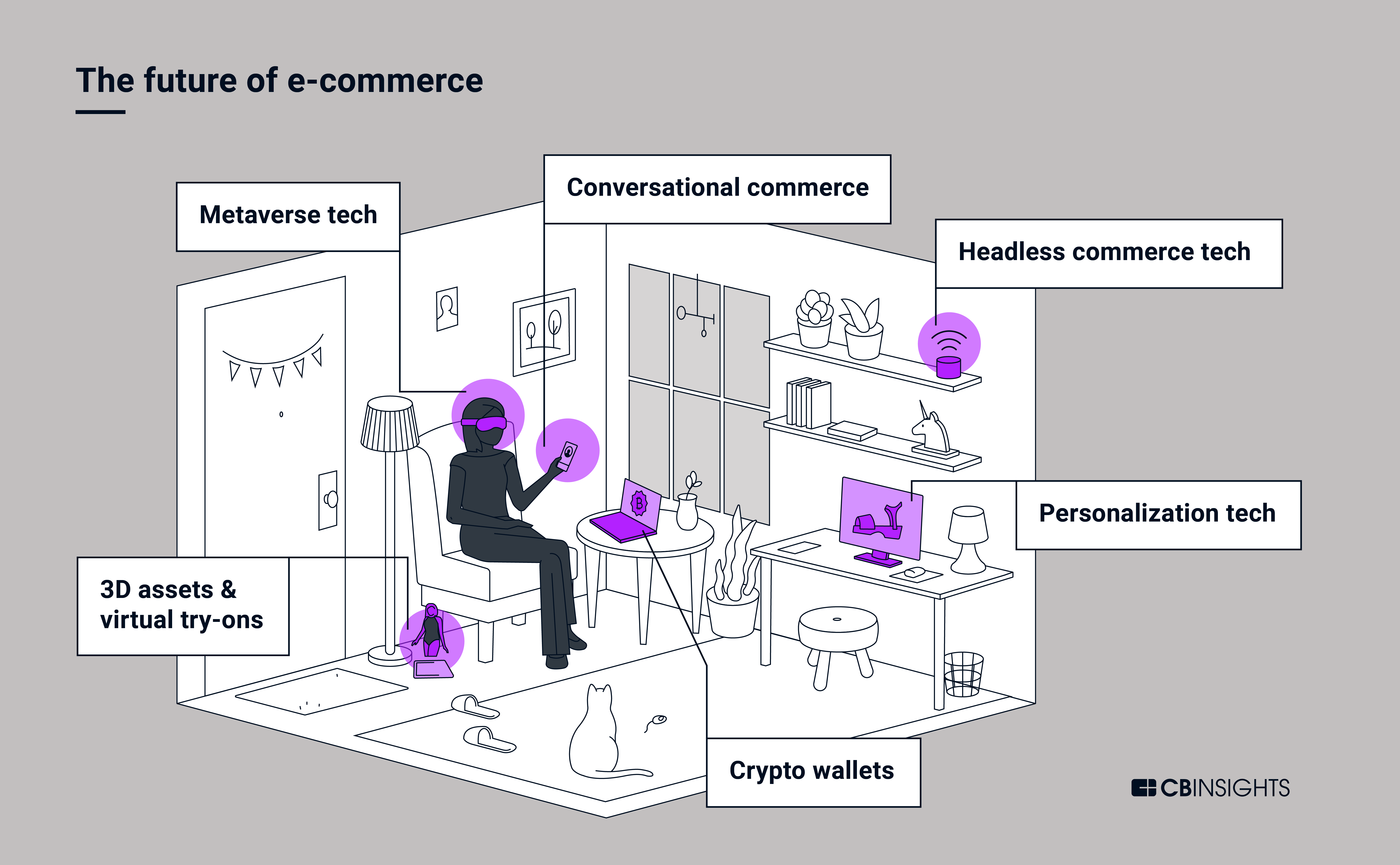The Future Of Online Commerce: How Crypto Is Poised To Revolutionize The Way We Shop
The Future of Online Commerce: How Crypto is Poised to Revolutionize the Way We Shop

- Secure Your Digital Assets Top Crypto Hardware Wallets For Cold Storage
- Unlocking The Secret To Hands-Free Investing: Crypto Trading Bots
- Unlocking The World Of Crypto Gaming: Your Essential Starter Pack
- Cryptocurrency Airdrops And Bounties: Unleashing The Power Of Free Digital Wealth
- The Evolution Of Financial Discretion Unraveling The Mystery Of Privacy Coins
Imagine a world where making a purchase online is as seamless as swiping your credit card at a physical store. No more lengthy checkout processes, no more fear of your sensitive information being compromised, and no more hefty transaction fees. This is the world that cryptocurrency, or "crypto," is promising to deliver in the not-so-distant future.
In recent years, the buzz around crypto has grown exponentially, with more and more businesses jumping on the bandwagon. But what exactly is crypto, and how is it going to change the way we shop online? Let’s dive in and explore the ins and outs of this revolutionary technology.
What is Crypto, Anyway?
At its core, crypto is a digital or virtual currency that uses cryptography to secure and verify transactions. Unlike traditional fiat currencies, which are controlled by central banks and governments, crypto operates independently, without the need for intermediaries like banks or payment processors. This makes transactions faster, cheaper, and more efficient.
So, how does it work? Essentially, crypto uses a decentralized network of computers to record transactions on a public ledger called a blockchain. Each block on the chain contains a unique code, or "hash," that connects it to the previous block, creating a permanent and unalterable record of all transactions.
The Rise of Crypto in Online Commerce
As the use of crypto becomes more widespread, we’re seeing a significant shift in the way online commerce is conducted. Here are just a few ways in which crypto is poised to revolutionize the industry:
-
Security: One of the biggest advantages of crypto is its unparalleled level of security. Traditional online payment methods, like credit cards and PayPal, are vulnerable to hacking and data breaches. Crypto, on the other hand, uses advanced cryptography to ensure that transactions are private and tamper-proof.
-
Speed: Crypto transactions are lightning-fast, with payment processing times often taking mere seconds. Compare that to traditional payment methods, which can take anywhere from a few hours to several days to process.
-
Cost: And then there are the transaction fees. With traditional payment methods, merchants are often charged a hefty fee for each transaction, which can eat into their profit margins. Crypto, on the other hand, offers significantly lower fees, making it a more attractive option for businesses.
Real-World Applications of Crypto in Online Commerce
While crypto is still in its infancy, we’re already seeing real-world applications of this technology in online commerce. Here are a few examples:
-
Bitcoin: One of the most well-known forms of crypto, Bitcoin, has been accepted by a growing number of online retailers, including Microsoft and Expedia.
-
Ethereum: Another popular form of crypto, Ethereum, has been used to create decentralized marketplaces, like OpenBazaar, where users can buy and sell goods without the need for intermediaries.
-
Cryptocurrency Wallets: Cryptocurrency wallets, like MetaMask and Ledger Live, have made it easier for users to store, send, and receive crypto, making it a more seamless and user-friendly experience.
